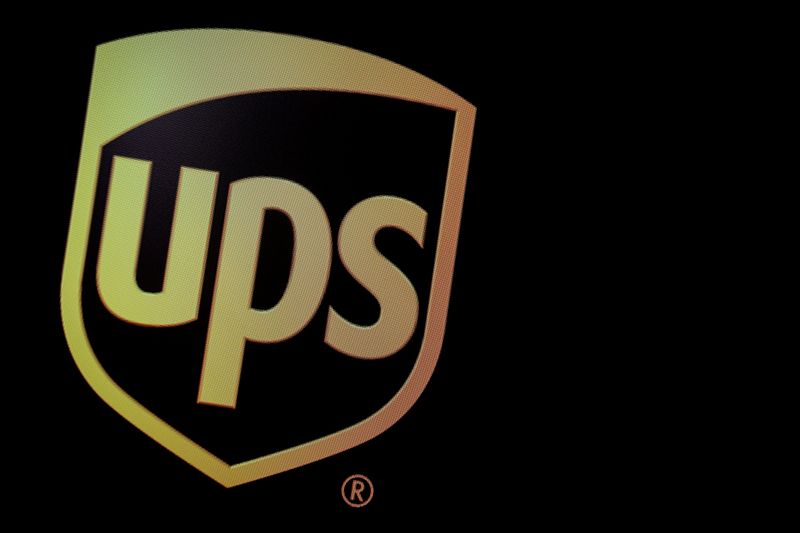LOS ANGELES (Reuters) - United Parcel Service Inc (N:UPS) on May 31 will slap surcharges on U.S. e-commerce companies that have flooded its delivery network with shipments of everything from packaged food to patio furniture since the coronavirus took hold in March.
Such fees are common during the winter holiday season, when package volumes more than double. This round follows stay-at-home orders to fight the spread of the novel coronavirus. That public health effort shifted shopping online and resulted in what many are calling a "second Christmas" for UPS, FedEx Corp (N:FDX) and upcoming delivery rival Amazon.com Inc (O:AMZN).
The new fees will hit large, high-volume shippers and companies that send oversized items. It could drive up costs at a time when many retailers are fighting to shelter profits.
Amazon, its biggest client, and the online divisions of Walmart Inc (N:WMT) and Target Corp (N:TGT) have seen sales surge since shoppers have hunkered down at home during the pandemic.
That spike in home deliveries is raising costs at UPS.
In April, UPS said home deliveries accounted for roughly 70% of shipments versus around 50% previously. Dropping packages on residential doorsteps is less lucrative than delivering to businesses because it requires more truck miles and stops per route.

FedEx recently said it would cap the number of parcels customers could send directly from stores.